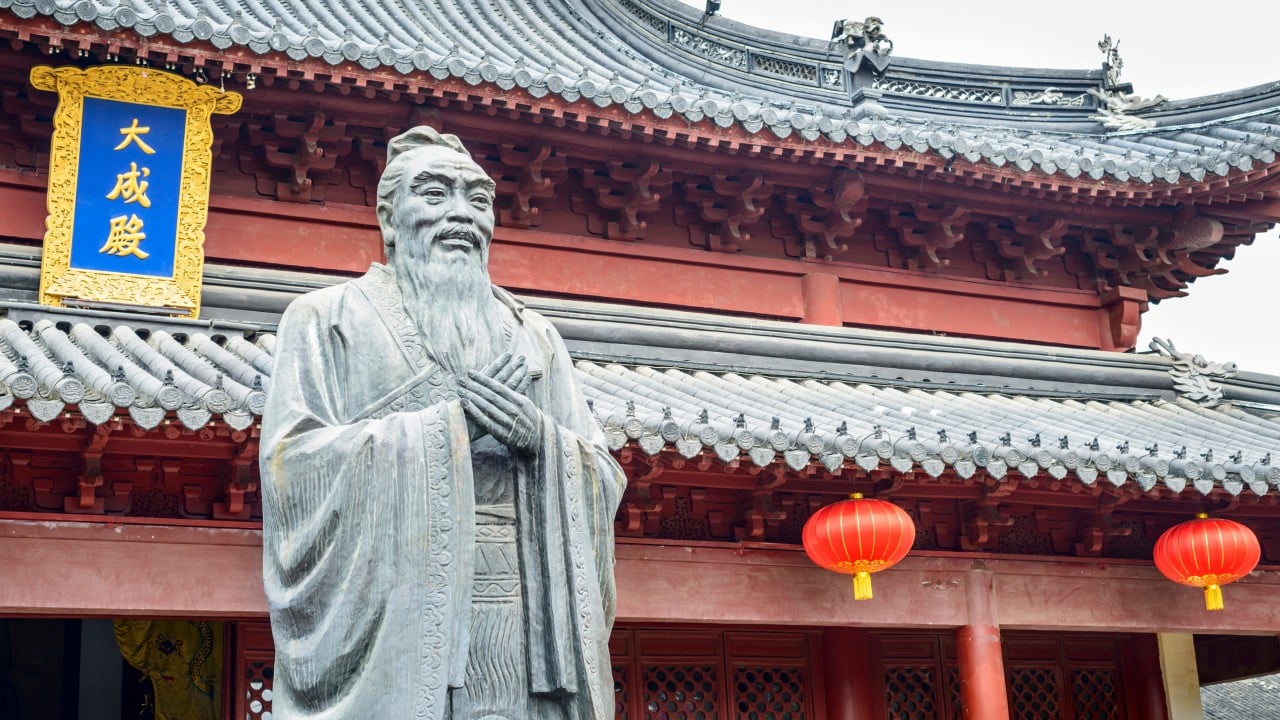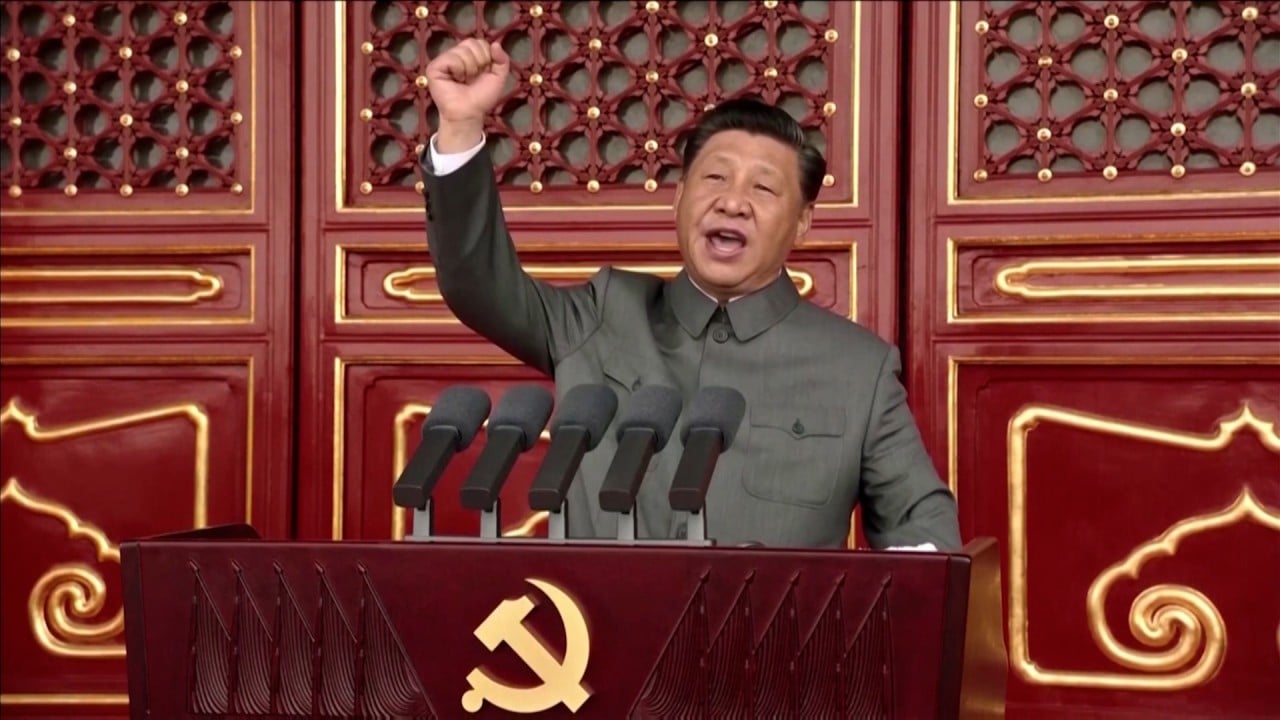In 2017, Chinese President Xi Jinping told the faithful at the five-yearly Communist Party congress that belief in people’s hearts would give strength to China as a nation.
Advertisement
“When people have faith, the country has strength and the Chinese nationality has hope,” he said at the time.
The phrase has been cited again and again by state media in the years since. For some time, overseas analysts wondered what “faith” stood for, as the Chinese word xinyang can be translated as either “faith” or “religion”.
Some speculated that Xi might have been using the reference to encourage Buddhism because he was reportedly a good friend of a monk when he was a grass-roots official in Zhengding county, Hebei province, in the 1980s.
Xi’s father, Xi Zhongxun, a party elder, was also a friend of the 10th Panchen Lama.
This speculation turned out to be way off the mark. As Xi spelled out at the previous party congress, the soul of a communist was “faith” in Marxism, and belief in socialism and communism. When he speaks of “faith”, he appears to always refer to Marxism, though he wants to define how it should be applied in China.


